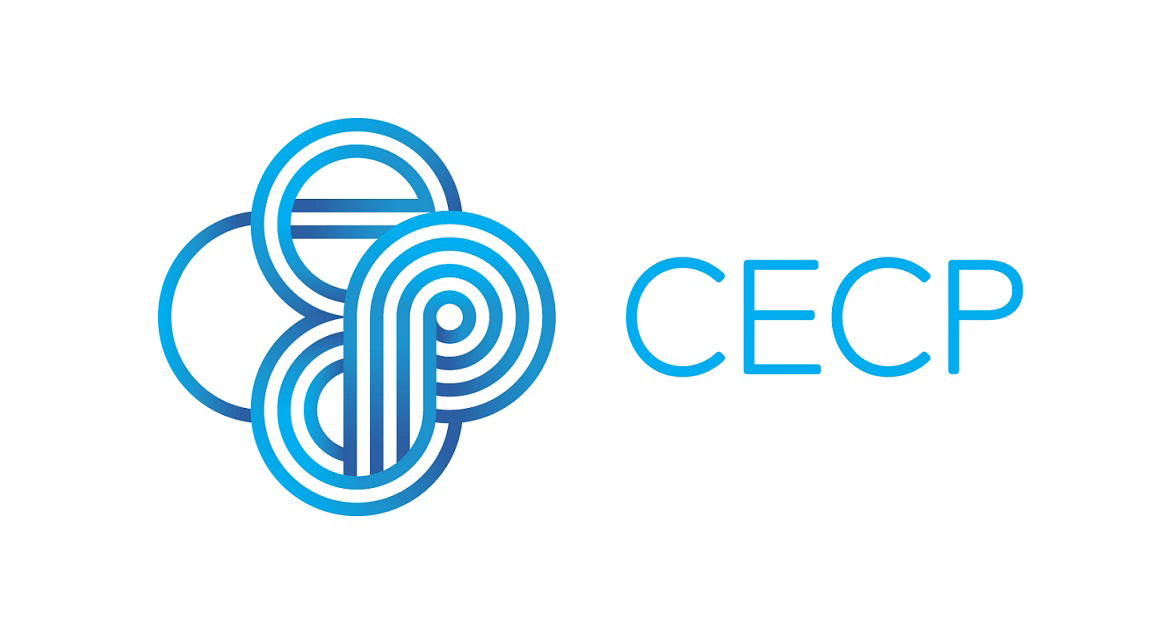Balancing the Short- and Long-Term, Simultaneously

The success of a business is measured in myriad ways, sometimes changing hourly, weekly, or annually. In the short- and long-term, a company will find itself facing any number of challenges and it must be prepared to respond or have the foresight to be proactive.
Critical to realizing long-term business success is developing strategies with key stakeholders in mind and supporting their needs. Tata Consultancy Services (TCS), a leading firm combining tech expertise and business intelligence to catalyze change and deliver results for clients around the world, currently finds itself focusing on both short- and long-term circumstances and recently had the opportunity to share our insights at CECP’s annual Summit, aptly titled, Strength in Solutions.
Surya “Sury” Kant, Chairman of North America, TCS, spoke with Barbara Humpton, President and CEO, Siemens Corporation and Christiana Riley, CEO of Americas, Deutsche Bank on the corporate role in boosting diversity externally. Each CEO brought compelling stories of their company’s persistent efforts to take on this enduring issue with TCS CEO Sury Kant focusing on two key areas: proactively addressing diversity among the 480,000 TCS associates from 159 nationalities across 46 countries.
At TCS, we must be able to attract, motivate, develop, and retain talent to drive growth. Sury spoke to diversity as a critical success factor, describing how TCS is focused on ensuring we are listening and responding, but also being proactive in areas of opportunity. A firm belief in organic talent development, and of investing in people, has helped TCS successfully navigate the market over the last five decades, pivoting and adapting each time to build relevant new capabilities through reskilling of the workforce at scale and helping customers.
Talent and creativity, that is represented by human capital, is the driver of TCS’ value creation engine, acknowledged Sury. In short, diversity is core to TCS’ purpose.
Later in the day, I had an opportunity to host a session on the corporate response to the second COVID-19 wave which has resulted in a difficult humanitarian challenge for India. TCS is taking every step possible to ensure safety and wellbeing of our employees, although we know the larger community also needs our support to keep families and children safe, get access to medical care, fight the illness, and sustain their livelihood.
Since the beginning of the pandemic, TCS has been supporting needs of our key stakeholders. We set up COVID Isolation Centers and hospitals in key locations. To help healthcare workers, we provided PPE kits, medical supplies and respiratory systems for treatment. To help take medical care to the at-risk population, we provided testing kits, set up modular treatment facilities, and trained health workers and members of the public. To address inequities, we delivered food grains and supplies to vulnerable populations.
In India, TCS has been a major contributor to the Tata Group’s pledge of $200M to COVID-19 relief and response efforts. Currently, TCS is supporting healthcare infrastructure, supplies and capacity is the immediate and imminent need, long-term support will also be needed across several dimensions, especially for marginalized groups.
There has already been a huge outpouring of support from people and companies across India and around the world. Many of our employees from India and other geographies have shown a keen interest in contributing and have reached out to support in this time of need. While companies, foundations, NGOs, government agencies and good Samaritans are galvanizing resources to support the heightened needs, every single act can save a life.
The two sessions illustrate the complexity of business in our current time – the need to keep a long-term view on finding solutions for systemic issues while also responding in real-time to human suffering and community needs. TCS is privileged to be in a position to be able to put the full weight of our company’s resources behind both essential issues.

